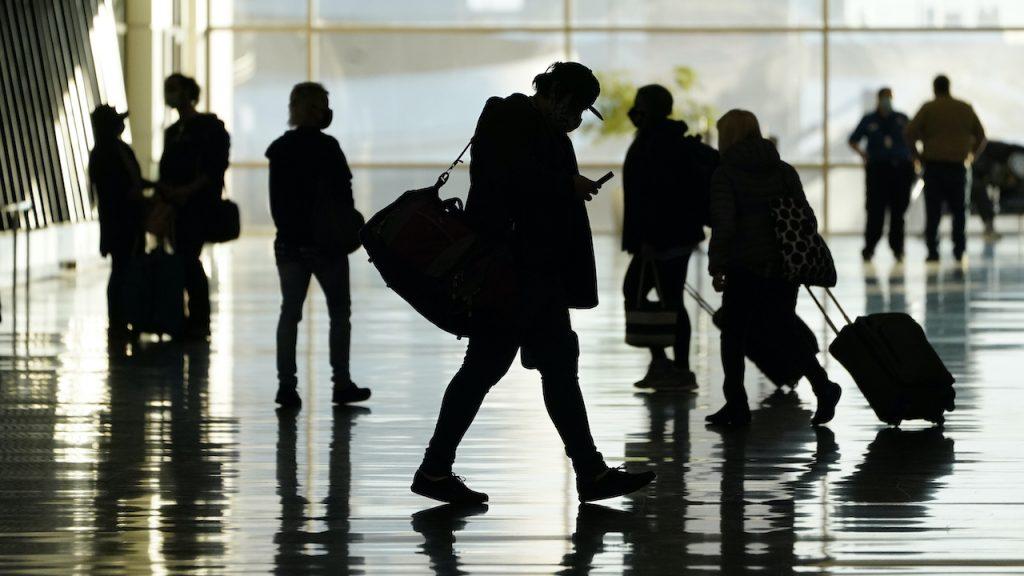Long-distance relationships in the age of the pandemic
A year since Covid-19 emerged as a global pandemic, binational couples kept apart by travel restrictions and border closures continue to hope for a reunion.
Just In
Keeping a long-distance relationship going is no walk in the park but Eleanor Hazel Ang, from the Philippines, and Mun Kai Hoang, from Malaysia, were willing to do whatever it took.
For four years, they travelled back and forth from one country to the other, putting in at least five visits to each other a year.
But then Covid-19 hit.
Countries around the world closed their borders in an attempt to keep infections under control, and soon the couple found themselves unable to see each other in person anymore.
A year later, the travel situation remains largely unchanged.

“It has been really hard, challenging and depressing,” Ang, 27, told MalaysiaNow.
“We used to see each other about five times a year and all of a sudden, we couldn’t.”
Ang and Mun are just one of many couples worldwide who have been kept apart by travel restrictions in the wake of the global pandemic which has killed 2.5 million since it was detected in China in late 2019.
In Malaysia, visits from family members and partners who are foreign nationals are still classified as non-essential travel.
“There are times when you just cry in order to release the stress,” Ang said.
But it’s not just feelings of frustration – the stress has taken a toll on her physical health as well.
“Due to stress, I have been losing some hair,” she said. A recent check-up also revealed a cyst, known as a “chocolate cyst”, in her left ovary.
“The size of my left ovary has doubled,” she said.
Technological advances afford some comfort as she and Mun call each other every day. But it also emphasises the fact that they are in fact separated.
“Through technology, it feels like the person is there beside you but you just can’t touch them,” Ang said.
In order to cope with her situation, Ang joined a Facebook group called “Love Is Not Tourism Malaysia”. It is part of a global movement dubbed “Love Is Not Tourism” which emerged in the wake of the pandemic to help couples separated by international travel restrictions. Among others, it urges authorities to allow “more humane” restrictions for binational couples.
Sara L, one of the group’s founders, said she was inspired by her long-distance relationship with her partner, Will, in the US.
They have been together for two years now, and are familiar with the difficulties of maintaining a long-distance relationship in the midst of a pandemic.

“We FaceTime every day without fail,” she said, referring to the popular videotelephony app.
“To be honest, it was extremely difficult in the beginning. I overstressed and I got sick. I cried nearly every day because I saw no end to the pandemic.
“But hopefully things will be better soon. He’s always there for me to make me feel better, but nothing compares to having someone right beside you for a hug, even,” she told MalaysiaNow.
While many couples are slogging through despite the tough circumstances, the virus has taken a toll on as many other relationships.
Clarisse, 32, tried her best to keep things going with her German partner when the pandemic slammed shut borders around the world.
But after months of never-ending restrictions and numerous failed applications, she was forced to admit defeat.
“Our expectations and plans didn’t go accordingly,” she said. “It put a lot of pressure on our relationship which recently ended.
“The distance and being apart for so long made us stressed about everything. If it wasn’t for the pandemic, I would be in Germany and I would have stayed there for as long as I could. And we would have had a better way to plan our relationship.”
Her hope for other binational couples is that they will not give up on their relationships despite the uncertainties ahead.
“Everyone else out there who has a relationship that is still working – you need to stay strong and have faith in each other.”
Subscribe to our newsletter
To be updated with all the latest news and analyses daily.
